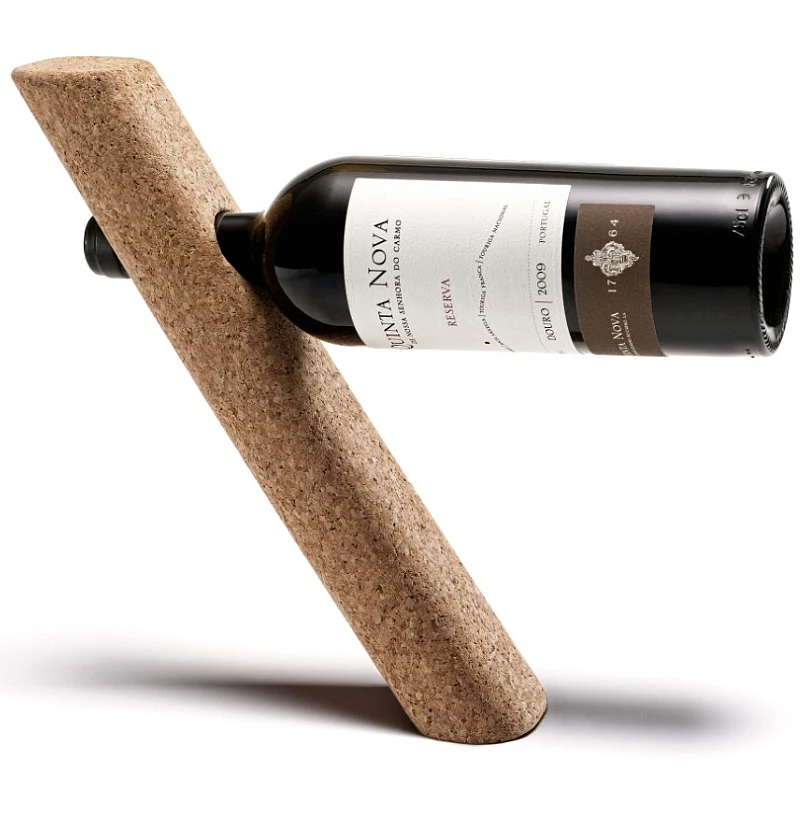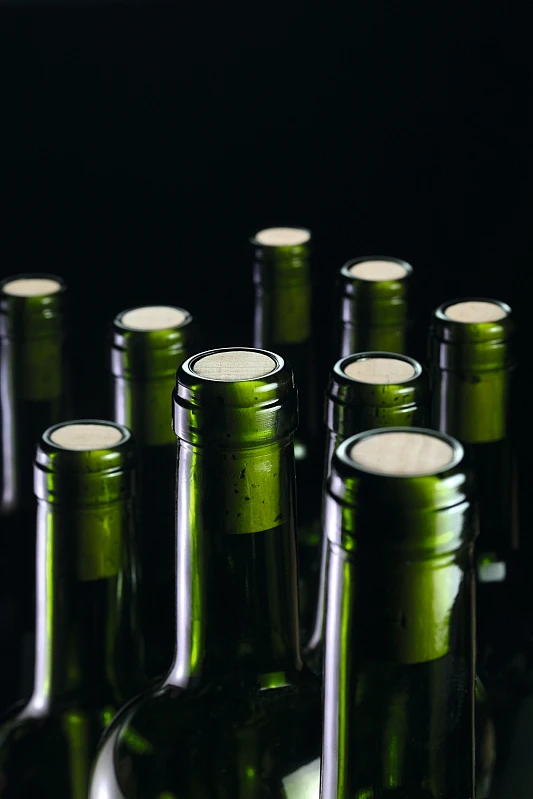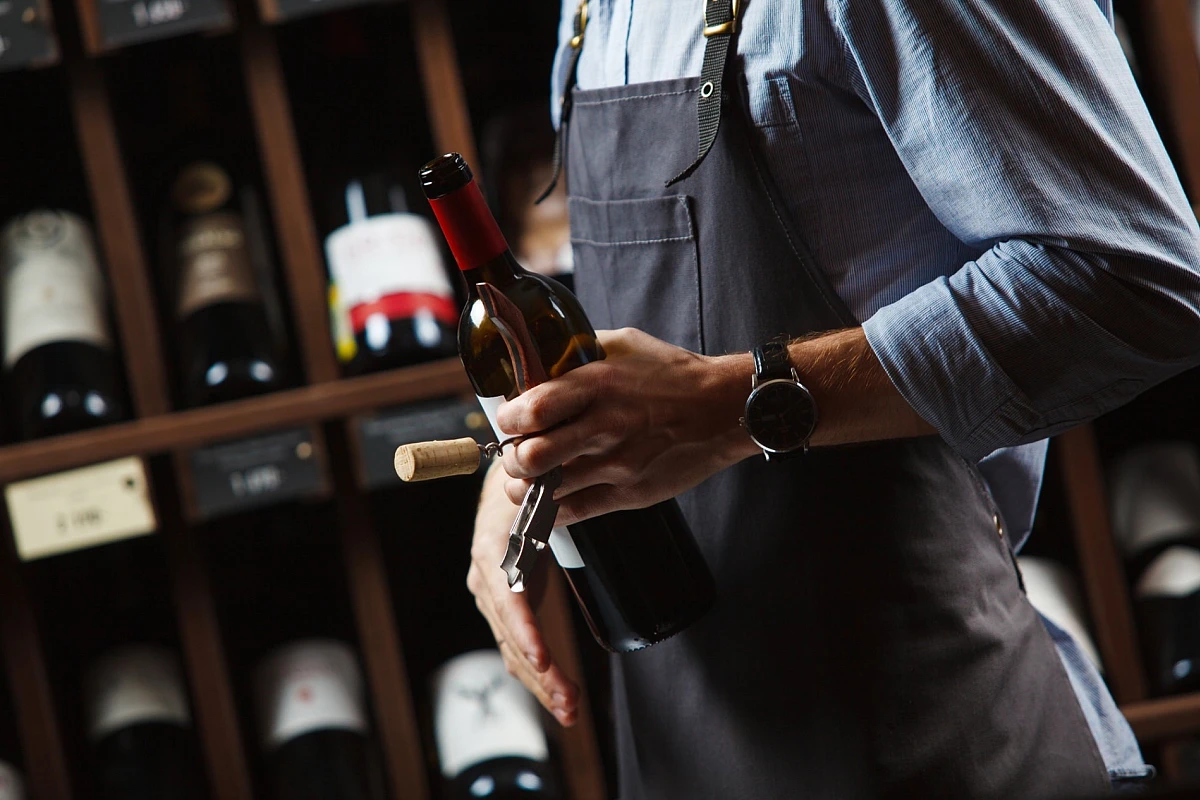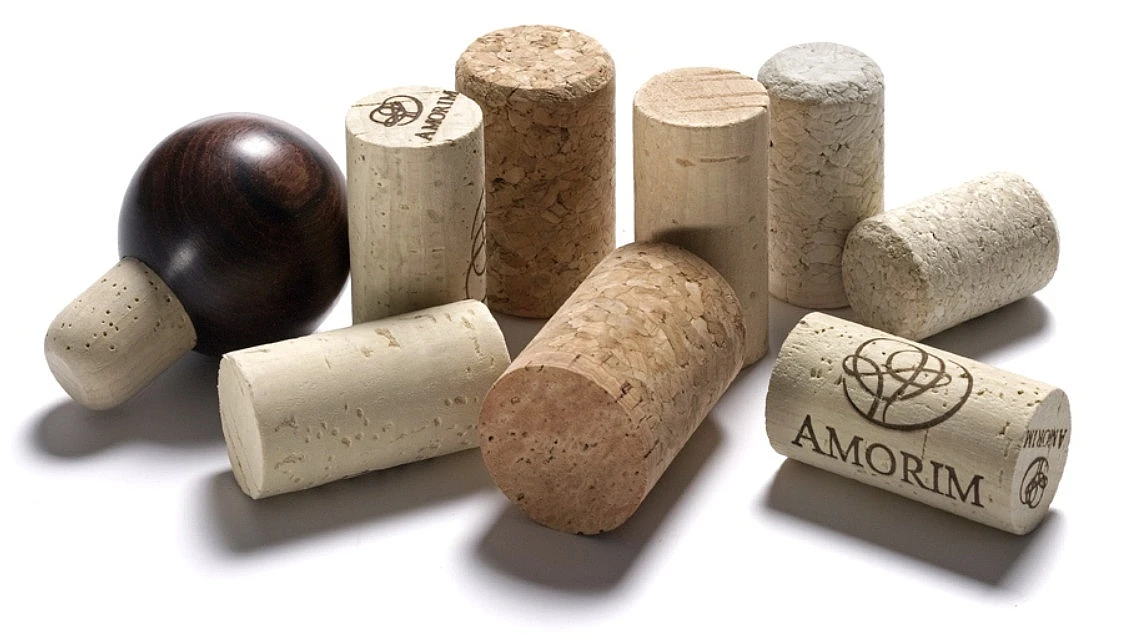- Cork and Wine
- Cork vs Artificial Closures

Cork vs Artificial Closures Top winemakers all over the world choose cork stoppers
Because they know that cork will provide the best conditions for the evolution and maturation of the wine, top winemakers all over the world choose cork stoppers to preserve the quality and character of their wines. But they are not alone, as cork stoppers are the closure of choice for the majority of worldwide consumers too. Wine lovers all around the world overwhelmingly prefer cork, as an integral part of their wine experience. They value cork’s impeccable green credentials, associate it with quality wines and are willing to pay a significant price premium for this superior closure. Conversely, consumers regard artificial closures as a factor that devalues wine, if not a downright sign of low-quality.
Because they know that cork will provide the best conditions for the evolution and maturation of the wine, top winemakers all over the world choose cork stoppers to preserve the quality and character of their wines. But they are not alone, as cork stoppers are the closure of choice for the majority of worldwide consumers too. Wine lovers all around the world overwhelmingly prefer cork, as an integral part of their wine experience. They value cork’s impeccable green credentials, associate it with quality wines and are willing to pay a significant price premium for this superior closure. Conversely, consumers regard artificial closures as a factor that devalues wine, if not a downright sign of low-quality.
“If you look at all the great wines of the world, nothing ages the same way as a cork and nothing has the life span of a cork. The way that wine develops with a cork is unique and it’s sustainable”
They are right to mistrust this type of closure
Scientific studies and the experience of wine producers show that there are several problems related to the use of artificial stoppers, premature oxidation and absorption and transfer of strange aromas and flavors being the most obvious drawbacks associated with synthetic stoppers. In addition, artificial closures might not be immune to TCA, a compound present in nature which may alter the flavor of wine and, for many years was exclusively associated to cork stoppers. Also, whereas cork stoppers are ideal for sealing liquid and gas, artificial stoppers are unable to seal gas. This apparently small detail can cause great damage, as the wine is exposed to contamination by volatile compounds present in the environment around the bottle.
"Once, a winemaker I know did a test to see how plastic stoppers affect a wine's flavor. He filled empty wine bottles with water, placed plastic stoppers in them and stored them in the cellar. After six months, the water from certain bottles tasted like a Barbie doll - and those were the best ones."


Quality, reliability, and sustainability
After a period where there were some losses in the market share for cork stoppers, natural closures gave been gaining momentum, triggered by substantial quality-control and innovation advances. There are reasons to believe that this is not a temporary comeback of cork. When it comes to quality, reliability, and sustainability, there simply is no alternative to cork. 800 million cells make all the difference.
No wonder, then, that over 85% of wine consumers in key world markets prefer cork and that 89% of the wines on the respected Wine Spectator’s Top 100 Wines list are sealed with the magical cork cylinder. In the US, 97% of consumers say a natural cork stopper is a marker of high or very high-quality wine. In China, 97% believe that natural cork is beneficial to wine quality and in Spain, 95% of consumers prefer natural cork stoppers and 83% associate cork closures with top quality wines. In Italy, 86% of consumers consider that natural cork is a sign of a quality wine, and in France 83% prefer natural cork stoppers.
The mere act of opening a bottle sealed with cork is a pleasurable moment of celebration.
In the USA, the world’s leading wine marker, the preference for cork is astounding. Cork is the exclusive choice of 93% of consumers for wines purchased of gifts and of 91% for wines chosen at restaurants. A study published by Nielsen reveals that 72% of the US Top 100 Premium wine brands are sealed with cork.
In fast-growing markets such as China, which has become the biggest market of some of the leading wine-producing countries in the world, cork is highly-regarded as well. Research conducted by Nielsen revealed that cork closures are used in no less than 95% of China's top-selling wines.
Even if, to most people, the mere act of opening a bottle sealed with cork is a pleasurable moment of celebration, there was no scientific evidence of the association between cork and joyful occasions, or cork and quality. Until, of course, a recent scientific experiment led by Oxford University’s cross-modal research lab provided the first empirical demonstration that cork closures are not only technically superior and environmentally friendly - they provide a more positive drinking experience.
The experiment asked 140 participants to rate identical wines bottled under cork and screwcap. The participants were unaware that they were tasting the same wines. Firstly, they were asked to taste and rate a wine after hearing the sound of a cork popping. Then, after hearing the sound of a screwcap being opened. Although it was the exact same wine, the wine under cork was rated 20% more appropriate for celebration. Overall, participants rated the same wine as having 15% better quality served in a bottle sealed with a cork stopper in comparison to a screwcap.

"Wine isn’t just about technique, it’s also about emotion, and behind emotion, there are people. It’s perfectly possible that at night I dream of a magnificent cork-stopper, a top-quality cork stopper. I must say I’ve rarely dreamt of screw caps. Or, in any case, that wouldn’t be a dream."